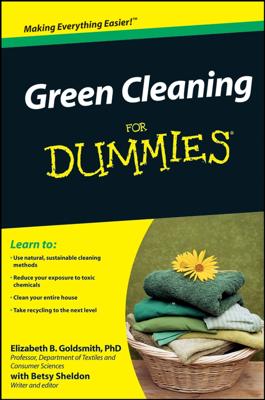Buying fish brings with it a whole range of ethical and green issues. The world’s fish stocks are dwindling, which means that fishermen have to go into deeper waters to bring home their catch. Fishing in deeper waters means greater use of dragnets that catch endangered species as well as fish for the stores. Fish are taken from the sea younger, further depleting stocks because there are fewer breeding fish in the sea.
One answer to the decrease in fish stocks has been to farm fish, but the use of chemicals, antibiotics, and disinfectants to protect the farmed fish from disease leads to fears about toxins and cancer-causing chemicals in the fish you eat, and there are concerns about escaping fish carrying contamination into wild fish stocks. All this comes at a time when nutritionists advise eating more cold-water fish species for the benefits of the heart-protecting omega-3 oils they contain.
When you go shopping for fish, you need to think about
Whether the fish you’re buying is from sustainable stock: Sustainable stock means that the fish are replacing themselves at the same rate as they’re being fished. Cod, for example, used to live up to 40 years and grow up to 6 feet long, but now the stocks are so depleted that most of the fish caught are less than 2 years old and haven’t bred replacement fish. Conscientious people are advised not to buy cod in order to allow stocks to build up again.
What the fish’s body may contain: There’s a major concern that many fish — including swordfish and Chilean sea bass — contain higher than healthy doses of substances such as mercury.
Whether the fish is farmed or wild: Buying wild fish may contribute to overfishing, but the fish may be a healthier option than farmed. Wild Alaskan salmon usually are considered healthy and sustainably caught. If you choose to buy farmed varieties, opt for farms that use sustainable and organic practices.
How the fish was caught: Catching fish by line doesn’t cause further damage to the marine environment, but net fishing can do a huge amount of environmental damage. For example, fishing for tuna with nets kills dolphins. Fishing for shrimp often results in other unwanted species being caught and thrown back into the sea dead.
![Net fishing is bad for sea life and the ecosystem. [Credit: Digital Vision]](https://www.dummies.com/wp-content/uploads/92017.image0.jpg) Credit: Digital VisionNet fishing is bad for sea life and the ecosystem.
Credit: Digital VisionNet fishing is bad for sea life and the ecosystem.
Buy fish from a store where the staff knows how and where the fish were caught, where any farmed fish come from, and how they were farmed. Check out the fish facts from the Marine Conservation Society or from the Marine Stewardship Council. Also keep on top of changing information about threatened or potentially contaminated species though the Monterey Bay Aquarium’s Seafood Watch program.

